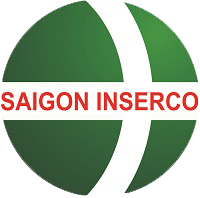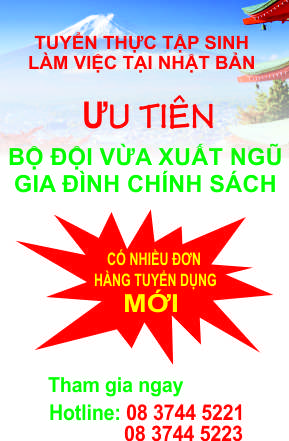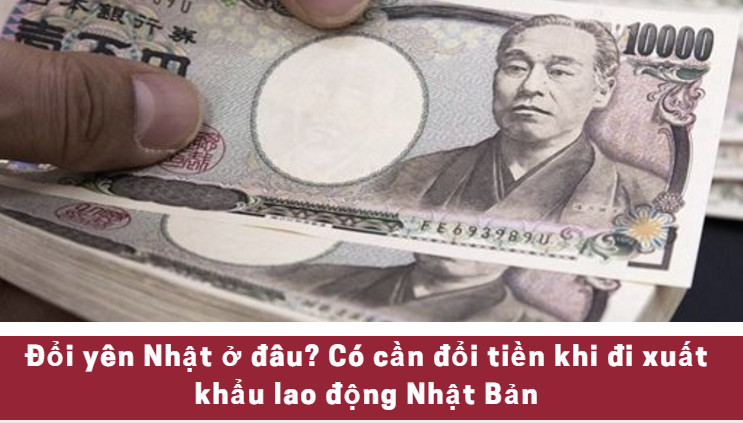
As the official currency in Japan, the Japanese Yen is the currency most traded on the world foreign exchange market, second only to the US Dollar and the Euro. The symbol is ¥, code: JYP.
The unit of currency in Japan is the Japanese Yen, this currency has been officially used since 1871. Currently, the Japanese Yen has all 10 different denominations, divided into 2 types: coins and coins. paper.
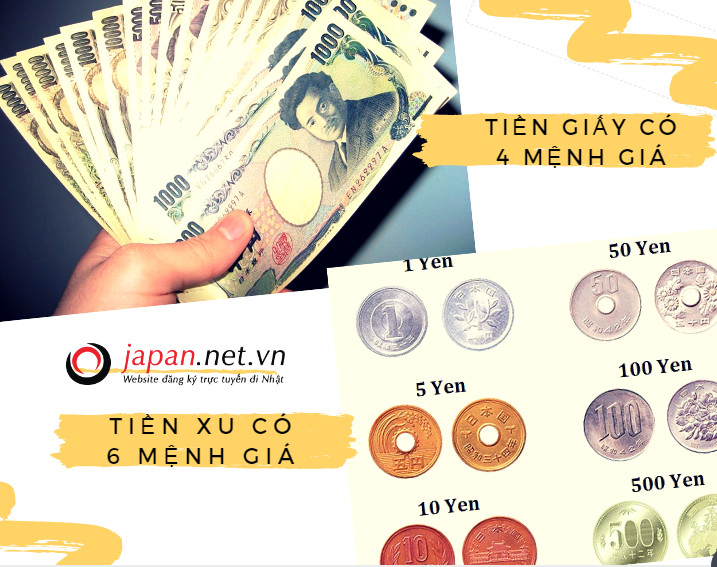
 Coins include 1 yen (about 200 VND), 5 yen (about 1,000 VND), 10 yen (about 2,000 VND), 50 yen, 100 yen (about 20,000 VND), 500 yen (about 110,000 VND).
Coins include 1 yen (about 200 VND), 5 yen (about 1,000 VND), 10 yen (about 2,000 VND), 50 yen, 100 yen (about 20,000 VND), 500 yen (about 110,000 VND). Cash have four denominations of 1,000 yen (about 210,000 VND), 2000 yen (about 426,000 VND), 5,000 yen (about 1,050,000 VND), 10,000 yen (about 2,134,000 VND)
Cash have four denominations of 1,000 yen (about 210,000 VND), 2000 yen (about 426,000 VND), 5,000 yen (about 1,050,000 VND), 10,000 yen (about 2,134,000 VND)The exchange rate between Japanese Yen and Vietnamese Dong is about: 1 Yen ~ 208VND to see the details of Japanese Yen exchange rate between banks you see in the article: How much is Japanese Yen and 1 Japanese Yen?
 Cash in Japan: still the preferred payment method, especially for transactions involving a small amount of money. Large amounts of cash are still easily used and accepted in Japan. Small denominations are heavily used for payments made such as taxis, convenience stores, and attractions.
Cash in Japan: still the preferred payment method, especially for transactions involving a small amount of money. Large amounts of cash are still easily used and accepted in Japan. Small denominations are heavily used for payments made such as taxis, convenience stores, and attractions.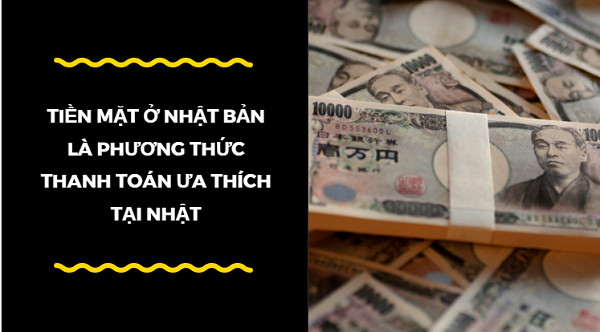
 If you use public buses regularly, remember to change change or coins before you get on the bus, as most likely drivers do not carry more money, and usually do not accept cash on face value 1,000 yen.
If you use public buses regularly, remember to change change or coins before you get on the bus, as most likely drivers do not carry more money, and usually do not accept cash on face value 1,000 yen. Vending machines are very popular in Japan, but many usually accept 10, 50, 100 and 500 yen denominations and 1,000 yen (only newer machines can accept 5,000 or 10,000 yen).
Vending machines are very popular in Japan, but many usually accept 10, 50, 100 and 500 yen denominations and 1,000 yen (only newer machines can accept 5,000 or 10,000 yen). Using a credit or debit card in Japan: Using a credit or debit card is increasingly common, especially in big cities. Currently, most department stores, high-end restaurants, shopping malls and large retail stores accept credit card payments. In addition, many stations, convenience stores, supermarkets, restaurants and chain stores also accept them. However, as mentioned, many shops, restaurants, cafes, and market stalls, especially in rural areas, do not accept credit cards.
Using a credit or debit card in Japan: Using a credit or debit card is increasingly common, especially in big cities. Currently, most department stores, high-end restaurants, shopping malls and large retail stores accept credit card payments. In addition, many stations, convenience stores, supermarkets, restaurants and chain stores also accept them. However, as mentioned, many shops, restaurants, cafes, and market stalls, especially in rural areas, do not accept credit cards.Exchange Japanese Yen in Vietnam
In accordance with procedures, you go to the bank, with all the documents proving your trip to Japan. A little bit complicated. If you want to be simple, everyone goes to the gold shops to change it for simplicity. If you change a lot, you can call them and they will come home.
There are many gold shops scattered throughout the district, but concentrated mainly on Le Thanh Ton Street, District 1, and Le Van Sy Street, District 3 and local banks
